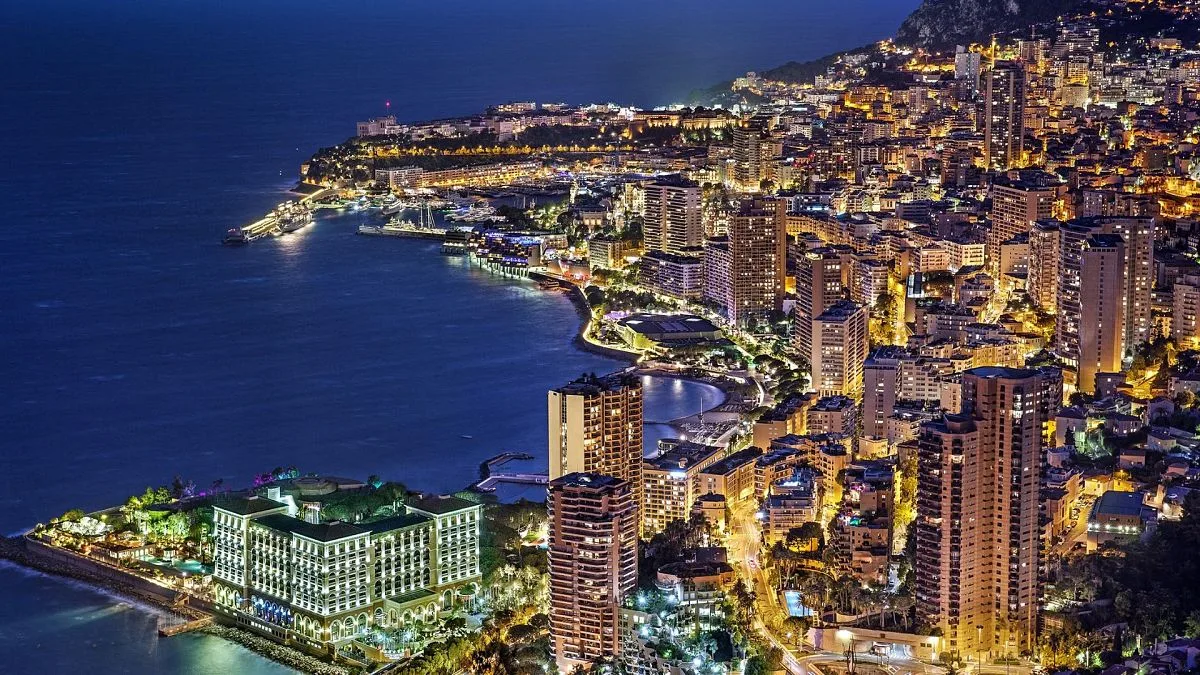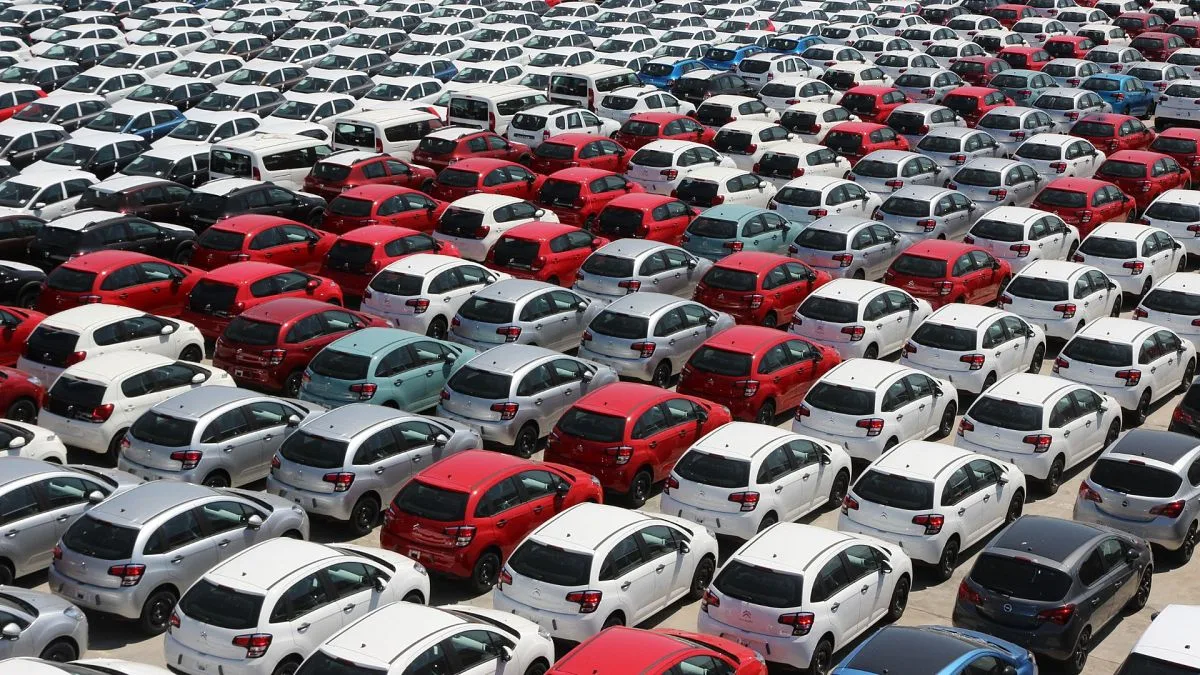Social media claims highlight a stark contrast between the well-maintained streets of Monaco and its neighboring France, with assertions suggesting Monaco’s pristine roads come with no tax burden.
Recently, a viral video showcased the difference between Rue des Martyrs de la Résistance in France and Rue Bellevue in Monaco, lending credence to the narrative that Monaco enjoys tax benefits while maintaining superior infrastructure. With the video’s popularity skyrocketing on platforms like TikTok and X, captions in various languages touted Monaco’s zero taxes.
This social media narrative implies that Monaco’s upkeep of excellent road conditions is possible without taxes, suggesting that a minimal tax approach could ensure high-quality public services. However, the reality is a bit more complex.
While it is true that Monaco does not impose a personal income tax, capital gains tax, or net wealth tax, other forms of taxation exist. For instance, there is a significant 33.3% tax on profits from real estate sales. Additionally, companies generating over 25% of their profits outside of Monaco face taxation up to 33.3%.
This taxation is particularly noteworthy given Monaco’s extravagant real estate market. In 2023, the average price per square meter in Monaco reached €51,418, showing an impressive nearly 40% increase over the past decade.
Monaco also levies a 20% VAT, a figure augmented by its reputation as a luxury tourist destination, where billions are generated annually through tourism, casinos, and high-end hotels.
Moreover, despite its lower overall corporate tax rates, businesses in Monaco incur thousands in registration and licensing fees, along with stamp duties on documents. French nationals residing in Monaco, on the other hand, are still required to pay income tax based on France’s tax structure.
France’s income tax system features progressive tax rates ranging from 0% to 45%. Individuals only begin to pay tax once their earnings exceed €11,294 annually, while those earning above €177,106 interact with the highest tax rate.
Monaco’s ability to sustain high-quality public services on a comparatively low tax regime can be attributed to several factors, including its diminutive size and substantial per capita wealth. The principality secures significant revenue through its financial services sector, known for catering to private banking and wealth management for affluent individuals.
Additionally, the luxury goods market, encompassing high-end watches, jewelry, and fine dining, notably contributes to Monaco’s GDP through VAT on product sales.
In contrast, France, with its expansive and diverse territory, requires substantial tax revenue to support healthcare, education, and social security services, thus necessitating a much more complex taxation system.
Recently, EuroVerify sought insights from Beausoleil, France, where Rue des Martyrs de la Résistance is located, but did not receive a timely response.
Ultimately, while low taxes can be advantageous for compact economies like Monaco, they certainly are not a universal solution.
Photo credit & article inspired by: Euronews



